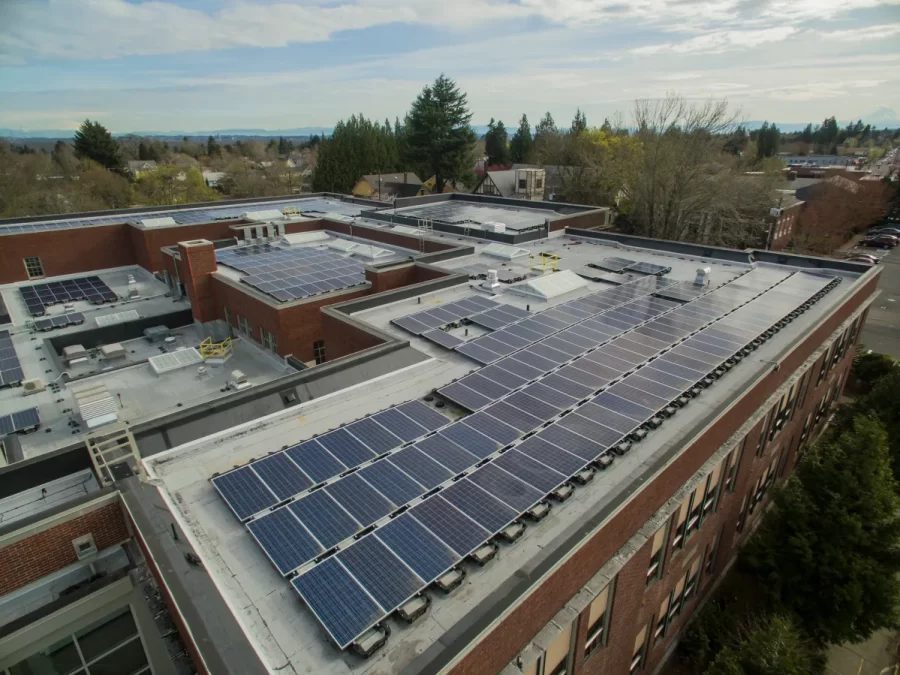
Last month, a routine immigration decision sparked an international conflict when 29-year-old Kilmar Ábergo García was “mistakenly deported” to El Salvador by the Trump Administration as part of a deal that has already sent hundreds of Venezuelans and Salvadorians south of the border. Ábergo García, who fled El Salvador as a teenager to escape gang violence, has lived in Maryland for nearly 14 years with his wife and three children. García is currently being held at El Salvador’s Centro de Confinamiento del Terrorismo—a maximum-security prison in El Salvador, built to detain thousands of alleged gang members as part of a nationwide crackdown on organized crime. Ábergo García’s unexpected deportation set off a chain of legal actions. First, a federal judge in Maryland issued an order barring his removal to El Salvador. Despite this ruling, the Trump Administration moved forward with the deportation. In response to the Administration’s action, a district court ordered that the government ‘facilitate and effectuate’ García’s return to the U.S. The case then reached the Supreme Court, which voted unanimously to allow the district court’s order to stand. While the Supreme Court backed the district court, they left unchanged the requirement that the government correct its ‘error’ and bring García back to the United States.
On April 14th, President Trump met with El Salvador’s president, Nayib Bukele, at the White House, and much of the conversation centered on prisoner transfers. Bukele and Trump both publicly refused to bring García back, despite the Supreme Court’s backing of the lower-court order. According to Courthouse News Service, Trump even joked about the idea of sending U.S. citizens whom he called his “homegrown’s” to these prisons, asking for “five more facilities to house them.”
Legal scholars warn that this standoff has pushed the U.S. toward a genuine constitutional crisis—if we are not already in one. According to Al Jazeera, University of Virginia’s Amanda Frost worries that unless the administration accepts judicial limits, the country will enter a dangerous state “where the executive responds by rejecting the courts’ authority,” threatening the very rule of law.
As Ábrego García’s fate hangs in the balance, this event highlights how a single administrative error can escalate into an international dispute and test the fragile balance between the branches of government, calling for reevaluation of presidential powers. For now, all we can do is ask: If the law of the land can be so easily sidelined, who among us is truly safe?



























